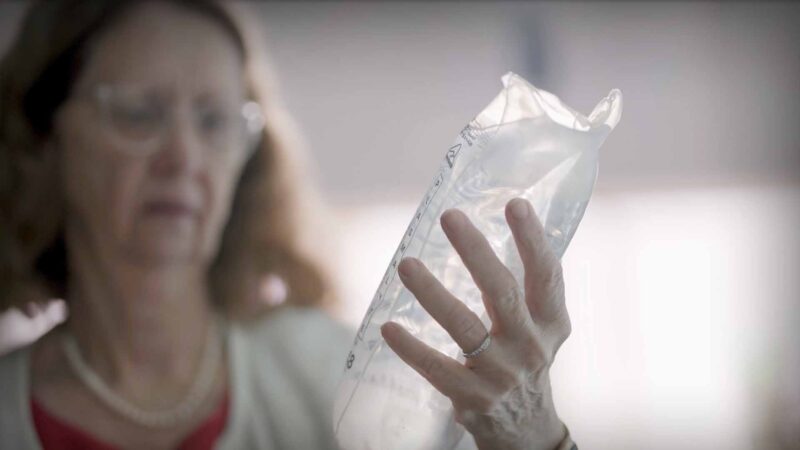RESEARCHER PROFILE (Filmed May 2024)
Dr Shelley Keating AES AEP ESSAM
Senior Lecturer, Clinical Exercise Physiology and Accredited Exercise Physiologist
School of Human Movement and Nutrition Sciences
The University of Queensland
Dr Shelley Keating is a Senior Lecturer in Clinical Exercise Physiology and Accredited Exercise Physiologist from the School of Human Movement and Nutrition Sciences at the University of Queensland. With a strong grounding in exercise metabolism and body composition, Dr Keating’s research centres on the utility of exercise as a therapy for obesity and related cardiometabolic conditions, notably metabolic dysfunction-associated steatotic liver disease (MASLD).
Dr Keating has an established research profile that is delivering impact for patients and clinicians. Her research has led to the development of safe and feasible exercise programs that generate significant improvement in the cardiometabolic health of individuals with MASLD and related chronic disease. Drawing on these findings, Dr Keating has developed national and international exercise guidelines for MASLD. Her research has led to a paradigm shift in how exercise is prioritised in MASLD management and has been adopted into exercise prescription recommendations in 15 international guidelines for MASLD management across 12 countries.
Dr Keating’s research had found a lack of awareness, uptake, and sustainability of exercise for MASLD management. Her ongoing program of research is informed by, and co-designed with, people with MASLD and related chronic disease, to find sustainable exercise solutions.
Her contribution to the field was recognised by the prestigious 2020 Australia and New Zealand Obesity Society Young Investigator award. Shelley has been an ESSA (Exercise & Sports Science Australia) member since 2007 and has 16 years of clinical AEP experience in people with cardiometabolic disease including MAFLD.
Her mission is to change the way that exercise is prioritised, accessed, and delivered to improve the health and wellbeing of people with MASLD and related type 2 diabetes.
Source: Supplied & ESSA (Exercise & Sports Science Australia)
Note: AES is the acronym for Accredited Exercise Scientist (AES), AEP is the acronym for Accredited Exercise Physiologist, ESSAM is the acronym for Exercise & Sports Science Australia Member.
You Might also like
-
World-first clinical trial improves patient outcomes for kidney transplants (2023)
A world-first clinical trial conducted at the Royal Adelaide Hospital (RAH) and at hospitals across Australia and New Zealand has identified the best fluid treatment to reduce the risk of patients requiring dialysis after a kidney transplant.
Around one in three people who receive a kidney transplant suffer delayed graft function, which means the transplant doesn’t work immediately and they require dialysis.
The lead-author of the study, was Royal Adelaide Hospital Nephrologist and University of Adelaide researcher, Dr Michael Collins.
-
Dr Lisa Melton
RESEARCH IN BRAIN COMPUTER INTERFACE
@ SYNCHRON
MELBOURNE, VICTORIA, AUSTRALIA -
Professor Maria Makrides
SOUTH AUSTRALIAN HEALTH AND MEDICAL RESEARCH INSTITUTE (SAHMRI)
SOUTH AUSTRALIA
AUSTRALIA
NEW SOUTH WALES, AUSTRALIA



